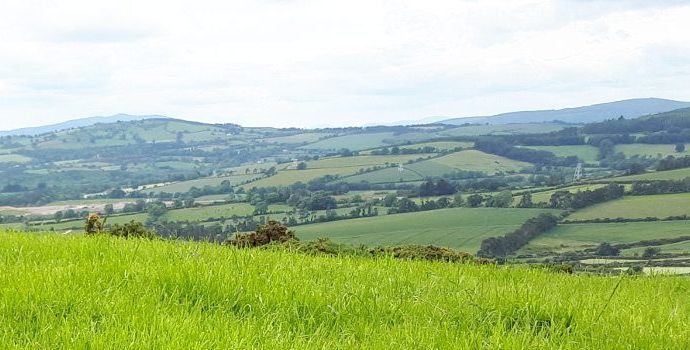IFA Will Reject Any Proposal to Impose EPA Licensing on Dairy Farmers

IFA Dairy Chairman Tom Phelan said that the Department of Agriculture did not make any proposal to IFA that dairy farms should be licensed by the EPA, as suggested in the media yesterday.
He said that any such proposal would be rejected by the IFA. Such a move would be over the top and disproportionate. “It would be tantamount to using a sledge hammer to break a nut,” he said.
“Media coverage yesterday based on quotes from an unnamed Department of Agriculture ‘source’ was a kite-flying exercise,” he said.
“Dairy farmers are already heavily regulated with cross compliance and the nitrates derogation. Farmers are also participating in voluntary programmes such as ASSAP and the Agricultural Catchments Programme to improve water quality in selected catchments,” he said.
“Irish dairy farmers have invested over €79.6m on Low Emission Slurry Spreading equipment which will yield positive results for water quality. Similarly, sales of protected urea have increased significantly this year. From Jan to June, just under 40,000 tonnes were sold, compared to 21,000 in 2019. Derogation farmers also abide by strict requirements to protect water, which have been enhanced in the past year following a voluntary mid-term review”.
The inevitable lag time between implementation of improved management practices and water quality response mean that water quality improvements may not show definitive results within the monitoring programme period, particularly as lag times are highly site and pollutant specific and can range from months to years to decades.
He said that the changes in agricultural practices and the new measures to be introduced as of the Jan 1st next must be given the time to work. It is the responsibility of the EPA to adjust expectations due to these lag times and recognise the time it will take for these improvements to be shown in water quality.
“Dairy farmers were constrained by quotas for over 30 years. It’s only natural that there would be a period of expansion following their removal in 2015. This has had huge benefits for farmers, their families and rural areas. Farmers must be given the chance to adapt their practices. Change is occurring at farm level,” he said.




